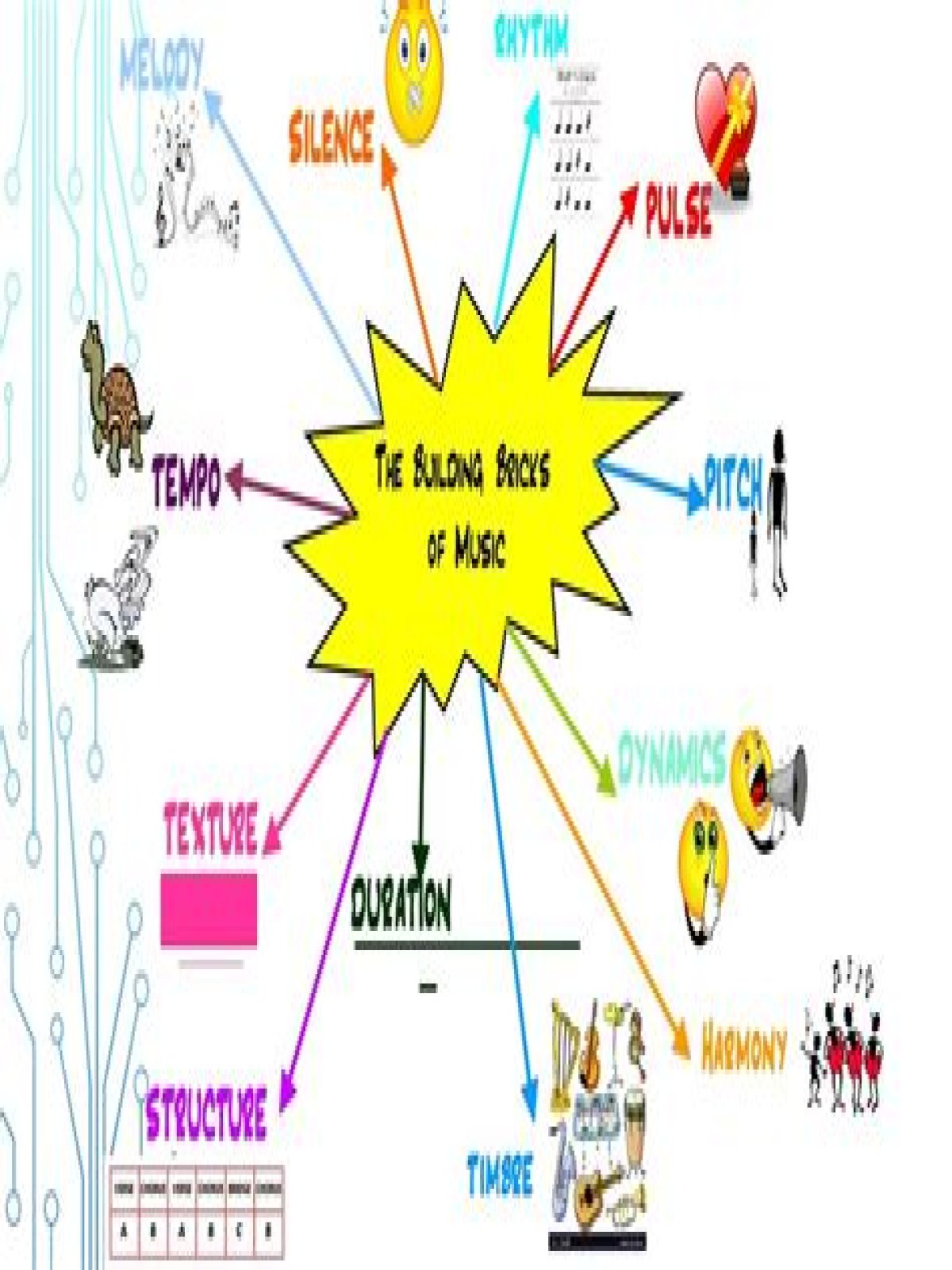What is Brickwalling music?
A “brickwall” refers to the image of sound with no peaks or valleys, just a maximized loud sound – square like a brick (see this 1:54 video) Re: Stones Album “Brickwalled” what Exactly does that Mean?
Why is music so compressed?
For decades, musicians and engineers have employed dynamic range compression to make recordings sound fuller. Compression boosts the quieter parts and tamps down louder ones to create a narrower range.
What is loudness war in audio?
The loudness war (or loudness race) is a trend of increasing audio levels in recorded music, which reduces audio fidelity and — according to many critics — listener enjoyment. In extreme cases, efforts to increase loudness can result in clipping and other audible distortion.
Why is new music so loud?
The trick being used is called dynamic range compression. It boosts quieter passages of music so that, overall, the music sounds louder. Initially the instrument sounds quite natural but, as more and more compression is added, a nasty buzzing sound is heard.
Why do some CDs play louder than others?
CDs have a wide dynamic range. But more modern recordings use technology to optimise how much audio energy can be squeezed into the available dynamic range. The resulting music sounds punchier and brighter, making it seem louder.
Are dynamics dead in popular music?
Michael, are dynamics dead in today’s popular recordings? I’d say that in most non-classical recordings, the answer is yes. Load any CD into your workstation and look at the resulting waveform. If you go back to those classic recordings, compression was almost non existent.
How do you tell if a song is too compressed?
When your attack time is too fast, it grabs the initial “hit” (also called the transient) of the note and turns it down. When you compress too hard with fast attack times, the dynamic range of your mix is squashed. You’ll end up with something that sounds like this: A song with no room to breathe; as flat as a pancake.
What is compression on a CD?
The most basic way to explain it is this: Compression “turns down” only the loudest parts of an audio file so that the overall volume is more even. If you then turn up the overall volume, the quite parts are more audible and the loudest parts are not as loud. Things are much more even and consistent.
Why are some CDs louder than others?
CDs have a wide dynamic range. In some cases, the music might not be mastered to use all the dynamic range. But more modern recordings use technology to optimise how much audio energy can be squeezed into the available dynamic range. The resulting music sounds punchier and brighter, making it seem louder.
How loud should CDs be?
Regarding loudness, A good setting would be from -9 to -13 LUFS with the dynamic range reading on LEVELS not exceeding 9DR.
Why do CDs sound bad?
Unfortunately excessive compression also robs the music of its detail and makes it sound unnatural. That’s partly because the audio engineer has maxed out the volume available on a CD (not in itself a bad thing), but also because the sound is more compressed.
Why are some CDs quiet?
How does a CD increase the loudness of music?
With the advent of the compact disc (CD), music is encoded to a digital format with a clearly defined maximum peak amplitude. Once the maximum amplitude of a CD is reached, loudness can be increased still further through signal processing techniques such as dynamic range compression and equalization.
How do mastering engineers control the loudness of a song?
Modern computer-based digital audio effects processing allows mastering engineers to have greater direct control over the loudness of a song: for example, a “brick wall” limiter can look ahead at an upcoming signal to limit its level.
Why does the album sound distorted on the CD version?
The CD version of the album has a high average loudness that pushes peaks beyond the point of digital clipping, causing distortion. This was reported by customers and music industry professionals, and covered in multiple international publications, including Rolling Stone, The Wall Street Journal, BBC Radio, Wired, and The Guardian.
Which albums have been criticized for sound quality?
Albums that have been criticized for their sound quality include: Artist Album Release date Red Hot Chili Peppers Californication 8 June 1999 Rush Vapor Trails 14 May 2002 The Stooges Raw Power (1997 remix/remaster) 22 April 1997 Taylor Swift 1989 27 October 2014
